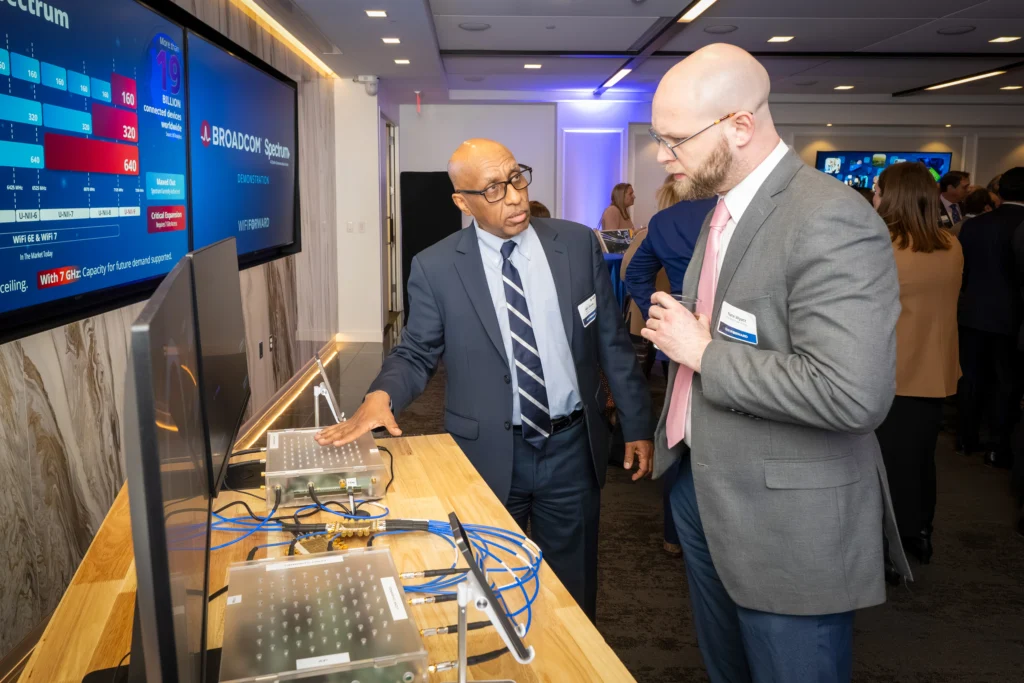As Earth Day approaches, and with climate change being a major issue the world is grappling with, there is no better time to look at the steps being taken to make positive changes and to encourage better ways to conserve energy and to protect the environment. Cable internet service providers (ISPs), which aim to connect as many Americans as possible, have become more focused on sustainability and energy efficiency throughout their business practices in recent years.
From deploying more energy efficient technology and equipment for the home to creating energy efficient specifications to testing new hardware and software, the cable industry strives to help consumers not only save money on their energy bills, but to prevent millions of metric tons of carbon dioxide emissions. And on their own, ISPs house their own innovative initiatives to use renewable technologies and to create eco-friendly work environments.
Carbon Reduction Goals
Notably, cable ISPs, including Comcast, Cox, and Charter, have made carbon reduction commitments to be carbon neutral on or before 2035. These projects focus on scopes 1 and 2, or phases—the first dealing with direct emissions from sources owned or controlled by a company, the second covering indirect emissions from purchased electricity, steam, heat and cooling—to get there.
As part of Comcast’s goal to be carbon neutral by 2035, the company recently announced an agreement with Constellation, the nation’s leading supplier of clean energy solutions. Through Constellation’s help in sourcing solar energy through the Blue Sky Solar Project—which will bring additional clean electricity to the U.S. power grid, the ISP will power approximately 12% of its U.S. operations with clean, renewable energy. Comcast expects to reduce carbon dioxide emissions associated with its energy use by nearly 360,000 metric tons each year. As part of the 15-year agreement beginning in 2025, Constellation will purchase power and project-specific renewable energy certificates (RECs) equal to a 250 MW share of the Blue Sky project.
Smarter Fleets
Transportation is another major contributor to carbon emissions. Cable ISPs have invested in a series of smart fleet strategies, such as electric vehicles, fuel-efficient models and hybrids to reduce their carbon footprint.
Cox employs smart fleet strategies whenever possible. In fact, in 2020, the company purchased 73 electric vehicles and hybrids, which equates to 16,000 gallons of gasoline and 186 tons of carbon reduced.
Midco also states that the company strives to become more socially responsible through logistics improvements to avoid using more of its trucks on the road, to using more energy efficient equipment, to testing energy efficient power solutions for team members in the field.
And at Comcast, fuel-efficiency software in Xfinity fleet vehicles is improving mileage and reducing greenhouse gas emissions. Electric vehicle charging stations at multiple Comcast facilities are also reducing transportation-related emissions, and encouraging Comcast employees and residents to go green.
Recycling Practices
Then to reduce landfill waste, ISPs have put programs in place that focus on the recycling of the coaxial cable used to lay broadband networks. Solutions being employed include breaking down the wires into raw materials to then resell, or adapting the recycled plastic from the coaxial waste to use for other industries, such as for construction or furniture businesses. Cox’s partnership with Ubuntuu, an environmental-solutions platform, puts this into practice by recycling and repurposing coaxial waste as part of its commitment to achieve zero-waste-to-landfill by 2024.
Committing to going green also means being conscious about operating smart technology and using equipment that promotes a sustainable workplace. Midco prides itself on running high-efficiency, low-impact data centers, using LED and motion sensor lights, recycling equipment and supplies, operating fuel-efficient generators, and providing eco-friendly break room products with the goal to lessen the company’s environmental impact.
These are just a few of the examples at work behind the scenes to drive sustainability within cable businesses. Reducing cable’s carbon footprint and energy consumption will continue to be among the industry’s priorities, and developments are underway for ISPs to continue to lead the charge. Check back here in the near future to learn more about how cable operators are enacting environmental stewardship within their companies and service areas.









